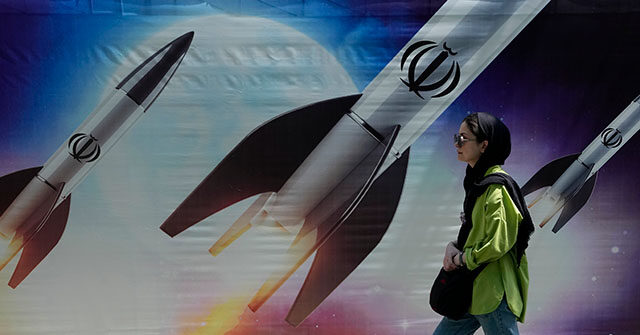In a recent podcast episode for the Jewish News Syndicate, journalist Caroline Glick discussed the implications of Israel’s targeted military strikes against Iranian sites, hypothesizing that Israel has struck significant “undeclared” nuclear sites in Iran. Glick, an expert in Middle Eastern affairs and a former negotiator for the Israel Defense Forces (IDF), pointed out the delicate dynamics at play in this situation, where neither the U.S. nor the International Atomic Energy Agency (IAEA) can openly acknowledge the strikes due to the sensitive nature of the undeclared sites.
Glick explained that while Israel’s attack appeared to focus on military facilities such as air defenses and missile production plants, it is plausible that the strikes extended to places like Parchin. Parchin is long suspected of involvement in Iran’s nuclear ambitions, and reports indicated that the target was linked to Iran’s past nuclear weapons development. Glick emphasized that although some may have considered Iran’s program “defunct,” there are significant reasons to suspect it is still active, especially at sites that remain off the IAEA’s radar.
The strategic implications of these attacks, according to Glick, suggest that Israel might be operating beyond typical limitations imposed by the Biden-Harris administration. She argued that Israel’s military actions could serve broader strategic objectives, taking advantage of the current geopolitical landscape where Iran’s aggression against Israel provided a pretext for retaliation. This dynamic has led to a sense of underwhelming satisfaction among Israelis regarding the scale of their air force’s accomplishments; many believed a greater opportunity was missed.
The situation is further complicated by the political implications for the Biden administration, which has sought to maintain its stance against Iran’s nuclear ambitions. Glick pointed out the conundrum faced by U.S. officials, who publicly opposed Israel’s right to strike nuclear targets. If such sites are deemed undeclared, attacking Israel for its actions would put them in a politically precarious position. The administration had already signaled a desire to support Israel, but the secretive status of these Iranian sites complicated their ability to respond functionally and effectively.
Additionally, Glick traced the roots of this uncertainty back to the Obama administration’s Joint Comprehensive Plan of Action (JCPOA), which allowed Iran to label certain nuclear sites as military installations, making them less accessible to international scrutiny. This created avenues for Iran to potentially evade IAEA oversight while advancing its nuclear capabilities. Glick contended that by striking these undeclared sites, Israel has put the current U.S. administration in a difficult position, forcing them to confront a problem that they had preferred to ignore.
In conclusion, while the immediate military successes of Israel may have brought a sense of relief, the underlying strategic maneuvering points to a more complex landscape. Glick’s analysis reveals that the dynamics of international relations, especially regarding nuclear non-proliferation, are influenced significantly by the actions of nations playing both offense and defense. The entangled interests of the U.S., Israel, and Iran create a charged atmosphere that demands careful navigation to avoid escalation, while the reality that undeclared nuclear programs exist in Iran continues to pose challenges to peace and security in the region.

